world
/
December 17, 2024
On the tenth anniversary of Obama’s inauguration, the outgoing president should take immediate action because it is good for the United States, good for the Cuban people, and it is the right thing to do.
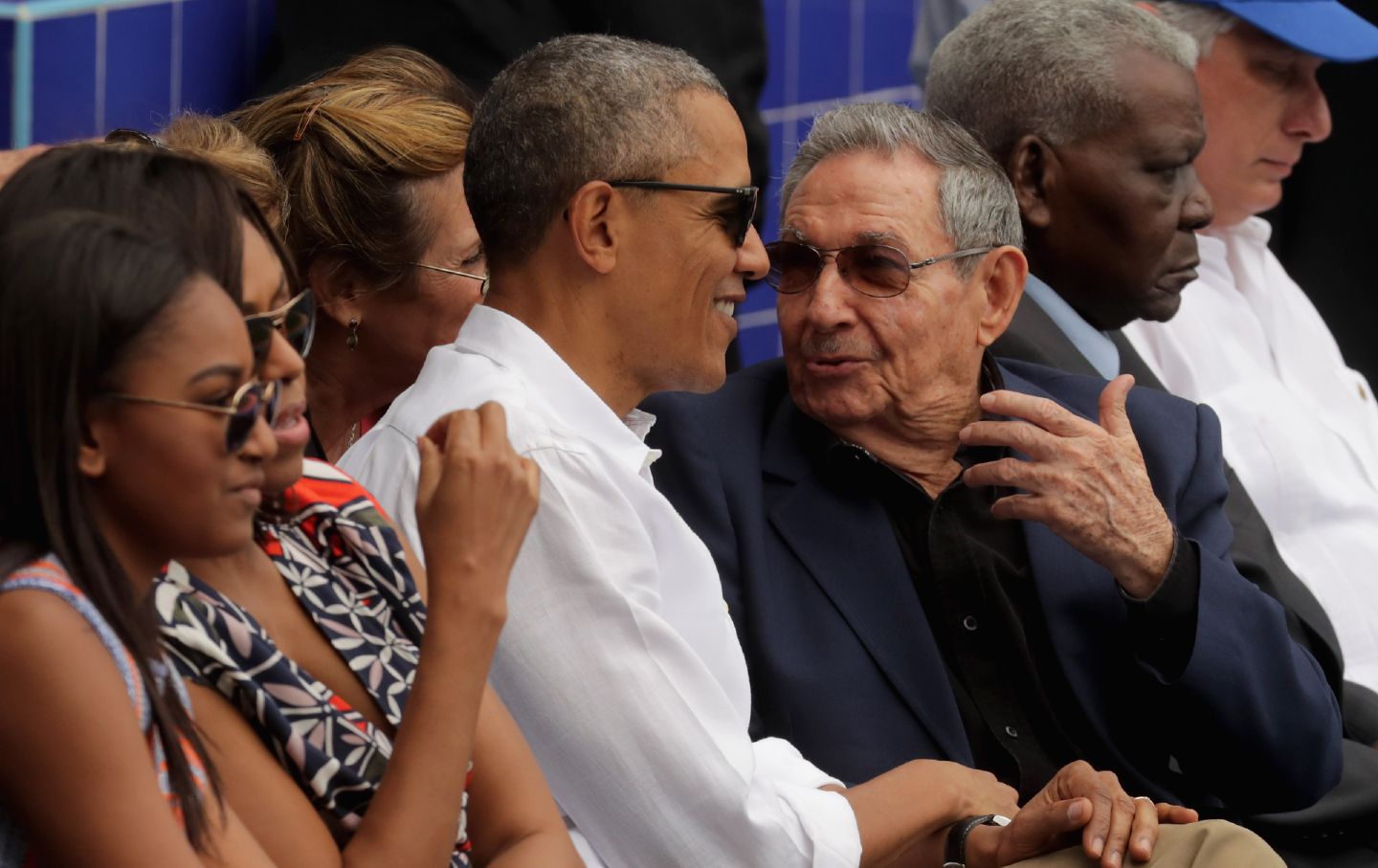
On November 15, just a week after Joe Biden’s White House term entered its final lame-duck phase, the president received a powerful congressional letter urging him to “act immediately” to provide critical humanitarian and humanitarian aid to Cuba. Energy infrastructure assistance. The letter, co-sponsored by Reps. Barbara Lee and James McGovern and eight other signatories, states that “the people of Cuba are currently facing massive power outages and an escalating energy crisis.” . “This situation not only causes immense suffering for the Cuban people, but also poses serious risks to U.S. national security interests,” they wrote. “If left unaddressed, this crisis will almost certainly exacerbate an increase in migration and impose serious consequences on the U.S. border management system. pressure and completely destabilize an already tense Caribbean region.”
So far, the Biden White House has not responded. But at a House Foreign Affairs Committee hearing last week, Secretary of State Antony Blinken testified, “I do not foresee any changes in our policy toward Cuba during the course of this administration.” Despite the president’s 2020 campaign While promising that he would restore the historic normalization of U.S. relations announced by Barack Obama 10 years ago today, Biden’s legacy on Cuba appears destined to be one of frustrating and infuriating inaction , while the policies of the former Trump administration remain in place. .
Obama-Biden breakthrough
Four years ago, few members of the political establishment and the Cuban policy advocacy community could have foreseen this ominous outcome. Expectations are high that the incoming Biden administration will revive the successful process of positive engagement engineered by the Obama-Biden administration but destroyed by Trump. After all, Biden was involved in the creation of Obama’s history-changing détente with Cuba; the vice president at the time was one of the few senior White House officials aware of Obama’s authorization of secret negotiations with Raúl Castro’s administration. lifestyle with Cuba.
The secret talks were conducted by two National Security Council officials. Benjamin Rhodes and Ricardo Zuniga, along with Raul Castro’s son Major Alejandro Castro and another Cuban military officer, over 18 months in 2014 A historic breakthrough was achieved on December 17. Both announced a deal to end past disputes and normalize diplomatic relations. Just two weeks later, Biden attended the inauguration of Brazilian President Dilma Rousseff in Brasilia, where, a White House aide recalled, he was credited with finally normalizing bilateral ties between the United States and Cuba. and received praise from one Latin American leader after another.
Biden knows that the détente between the United States and Cuba is a substantial success for the interests of both countries. The Obama administration moved quickly to remove Cuba from the State Department’s list of countries that sponsor international terrorism, officially reopen its embassies in Washington and Havana, lift restrictions on remittances, resume commercial flights to the island, and ease travel restrictions. , so that U.S. citizens can enter Cuba. The influx of tourists and businesses such as Airbnb has provided substantial input into the Cuban economy, particularly the expansion of Cuba’s private business sector. The two countries have also established bilateral committees to oversee cooperation on key issues such as anti-drug operations, counter-terrorism cooperation, disaster management and regularization of migration to promote common security interests. In less than two years, Washington and Havana have signed 23 bilateral agreements to advance these issues through mutual cooperation.
current problem

Trump’s return
Obama’s engagement posture proved so successful that an interagency national security review conducted in the first months of the Trump administration concluded that the policy should continue. “[T]The comments were sent to Trump advising him to maintain Obama’s efforts to normalize relations with Cuba,” foreign policy 2017 report. “After promising on the campaign trail to introduce new policies to Cuban-American hardliners, he vetoed the idea.” During his first administration, Trump systematically dismantled the Obama-Biden relationship with Cuba. The policy of detente was replaced by dozens of brutal and punitive sanctions — including cutting off wire transfers during the pandemic — that have taken a costly toll on the Cuban economy and its people. Trump has violated the rights of U.S. citizens to freely visit Cuba, reducing flights, banning cruise ships and creating a list of “restricted entities” — hotels, restaurants, bars and businesses that U.S. tourists can no longer legally visit. Just seven days before leaving office, Trump falsely called Cuba a state sponsor of international terrorism and imposed more economic penalties on the island.
During the 2020 campaign, Biden said “to a large extent I would go back” to Obama-era engagement with Cuba. He recognized the benefits of such an approach to the Cuban people and to U.S. relations in the Western Hemisphere. “This is not just about Cuba,” he noted, “this is about the entire Caribbean and all of our friends and allies in Latin America.”
But since Biden took office, his administration has done little to lift Trump’s sanctions and restore Obama’s policy of normalizing relations. After nearly three years of inexplicable delays during the pandemic, the Treasury Department has finally restored Western Union’s service to Cuba and restored the ability of Cuban Americans to send much-needed remittances to relatives on the island; Biden has also reinstated plans that Trump had canceled commercial air service at Cuba’s regional airports, while maintaining a prohibited list of where travelers can stay, eat and shop. Last May, the Treasury Department finally released long-promised regulations allowing Cuban entrepreneurs to open bank accounts in the United States. The Biden administration, however, has refused to lift the designation of Cuba as a state sponsor of international terrorism, even as U.S. officials quietly acknowledged that Cuba does not belong on the list.
What can Biden do?
The letter from Congress to Biden specifically asked him to remove Cuba from the list of terrorist countries to facilitate “energy and economic relief for the Cuban people.” To address the escalating crisis in Cuba, delegates also urged Biden to accelerate humanitarian aid and technical support; suspend all sanctions that impede aid and donations to Cuba; and fast-track the export of critical equipment to repair and modernize Cuba’s power grid. “We urge your government to act quickly to implement these measures to mitigate the growing crisis in Cuba while advancing U.S. interests in the region,” the letter concluded.
Popular
“Swipe left below to view more authors”Slide →
What is certain is that whatever executive actions Biden might take in the final days of his fraught presidency will be reversed by incoming hardliners led by Trump’s nominee for secretary of state, Marco Rubio. But Biden can and should implement these measures—emergency aid to Cubans in need and a revival of the model of peaceful coexistence as a successful alternative to America’s hostile and aggressive posture that has failed to advance U.S. interests for more than 60 years . To achieve that goal, he should also order the expedited declassification of key secret documents related to Obama’s detente, including an interagency assessment conducted during the first Trump administration that aggressive engagement was advancing the interests of the United States as well as the Cuban people. . These documents represent history’s verdict on a model of creative diplomacy and peaceful coexistence that is more relevant today than ever before.
Biden’s legacy as vice president includes the historic Obama-era détente in U.S.-Cuba relations. In the final days of his troubled term, his presidential legacy may also include reminding the world that Washington is capable of sensible, productive and normal policies toward Cuba.
More from nation
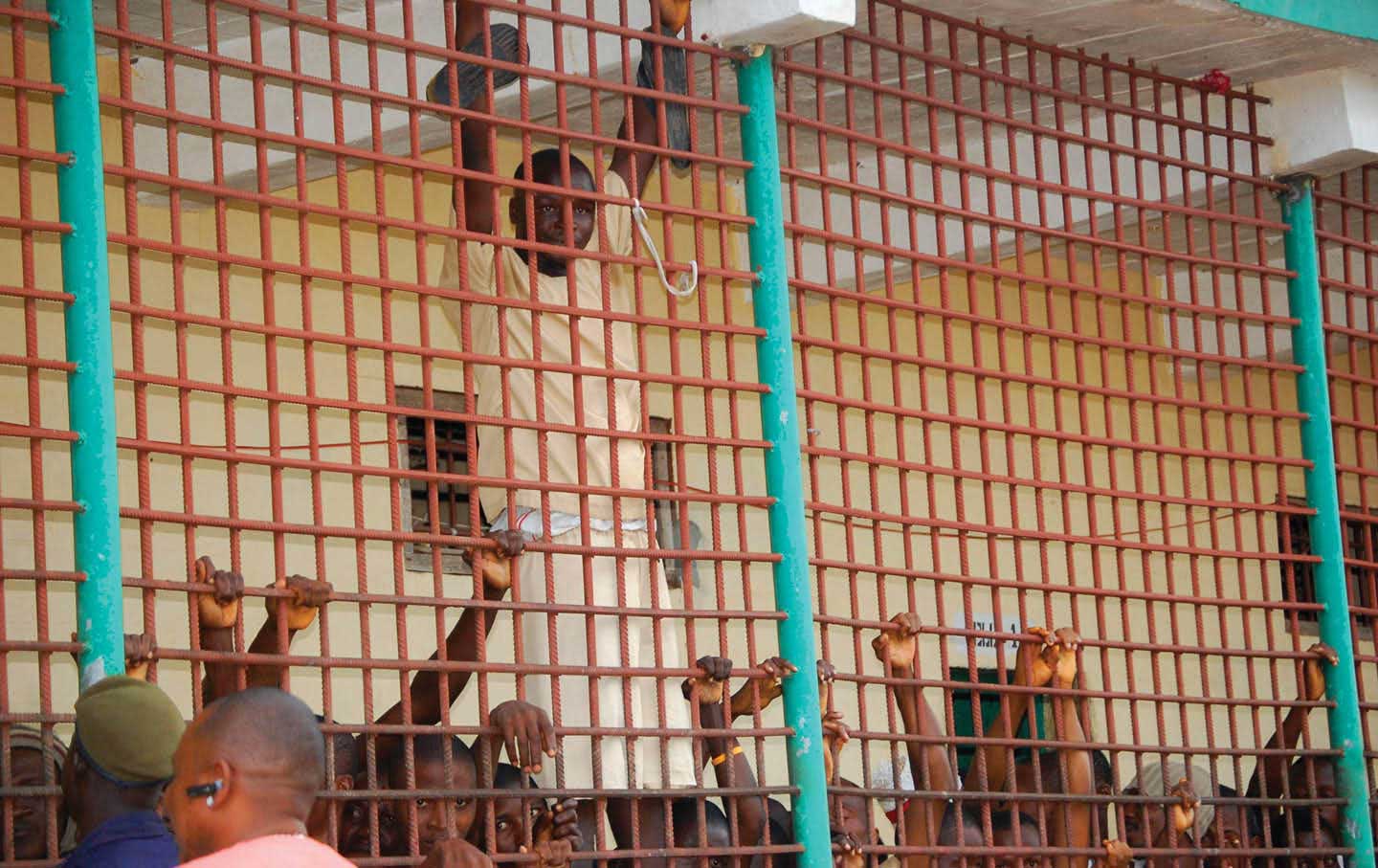
Decades after independence, colonial-era laws created a mass incarceration crisis in Sierra Leone, with poor citizens jailed for the most minor crimes.
feature
/
Malakad Nelson
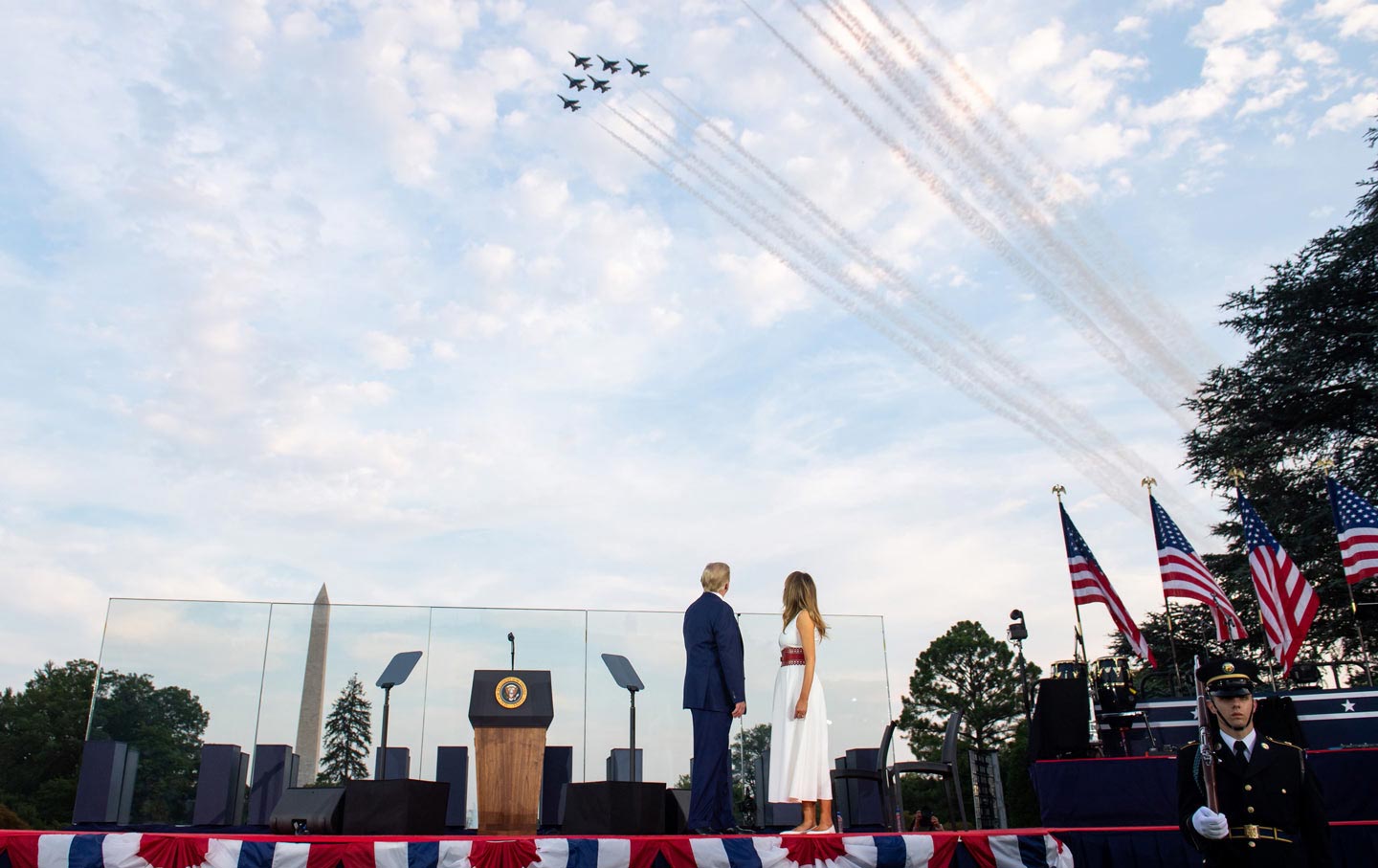
It’s unclear whether anyone in Trump’s second term will stop him from carrying out his worst intentions against civilians.
Andrea Mazzarino
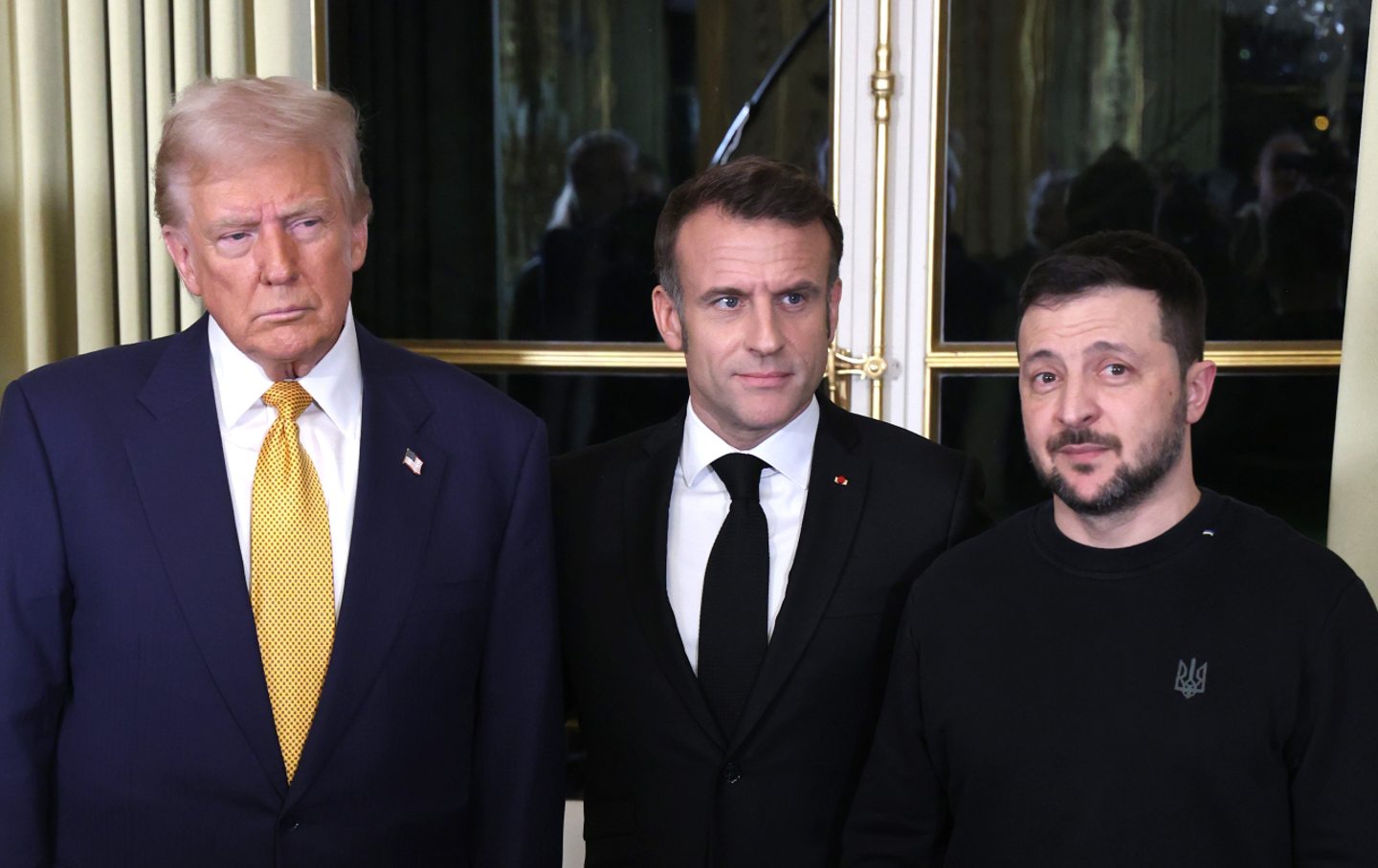
Is it too late for Europe to shake off its dependence on the United States?
Harrison Stella
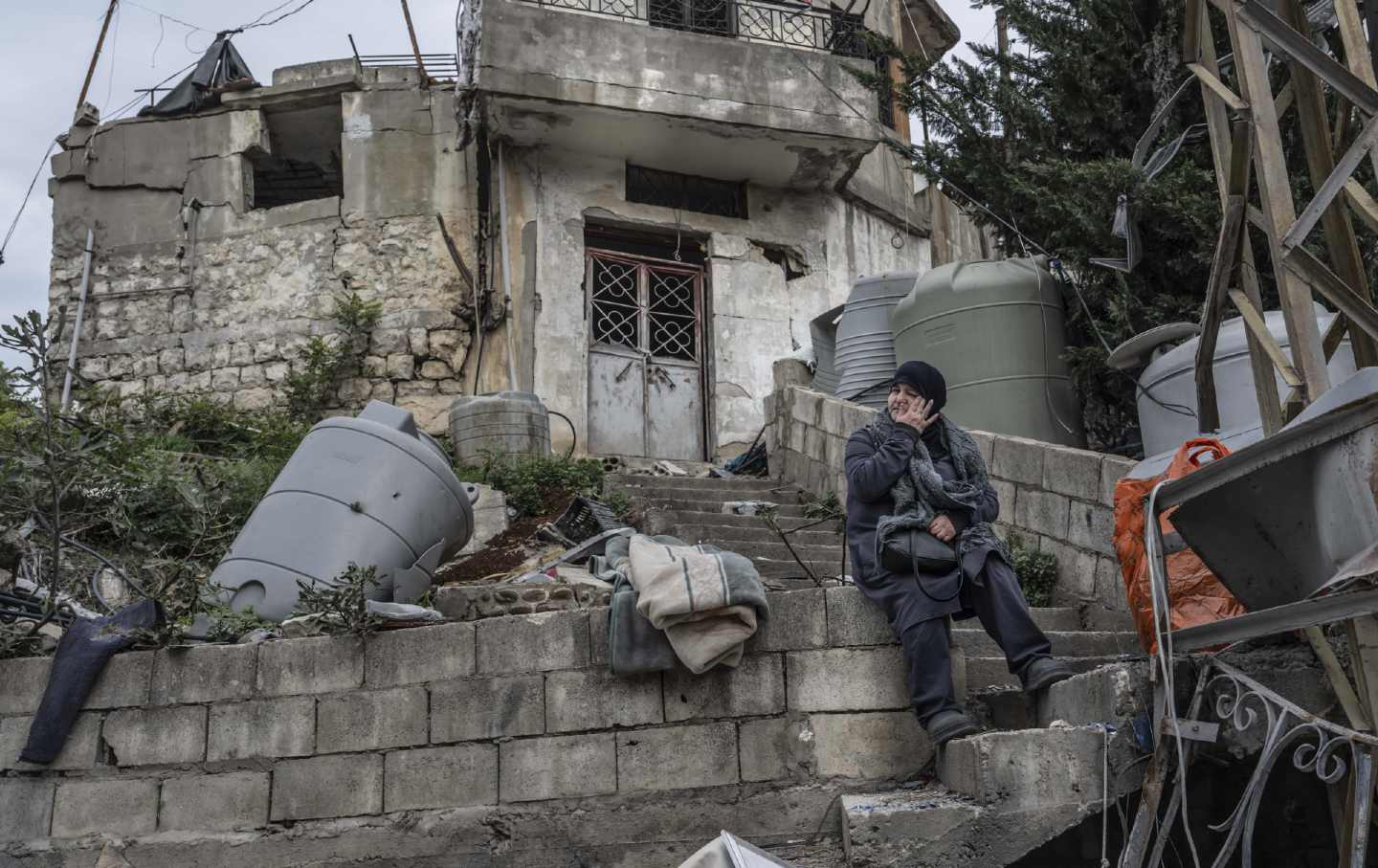
If history is any guide, Lebanon’s recent ceasefire may well have broken down by the time you read this.
Charles Glass

The speed with which Assad’s dictatorship fell has alarmed even the opposition. But the result is that Israel and Türkiye have begun to occupy the power vacuum.
Samos Malekavzali

Retired diplomat Chas Freeman and author Pascal Lotaz discuss what happened when Damascus fell to Tahrir al-Sham.
Chas W. Freeman Jr.


